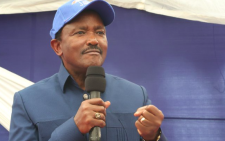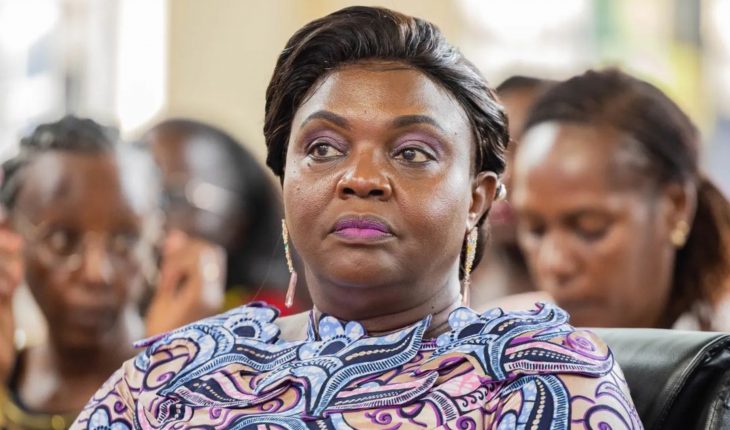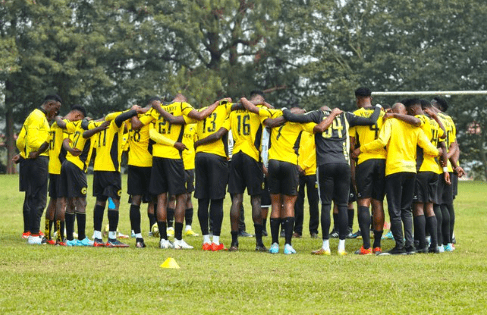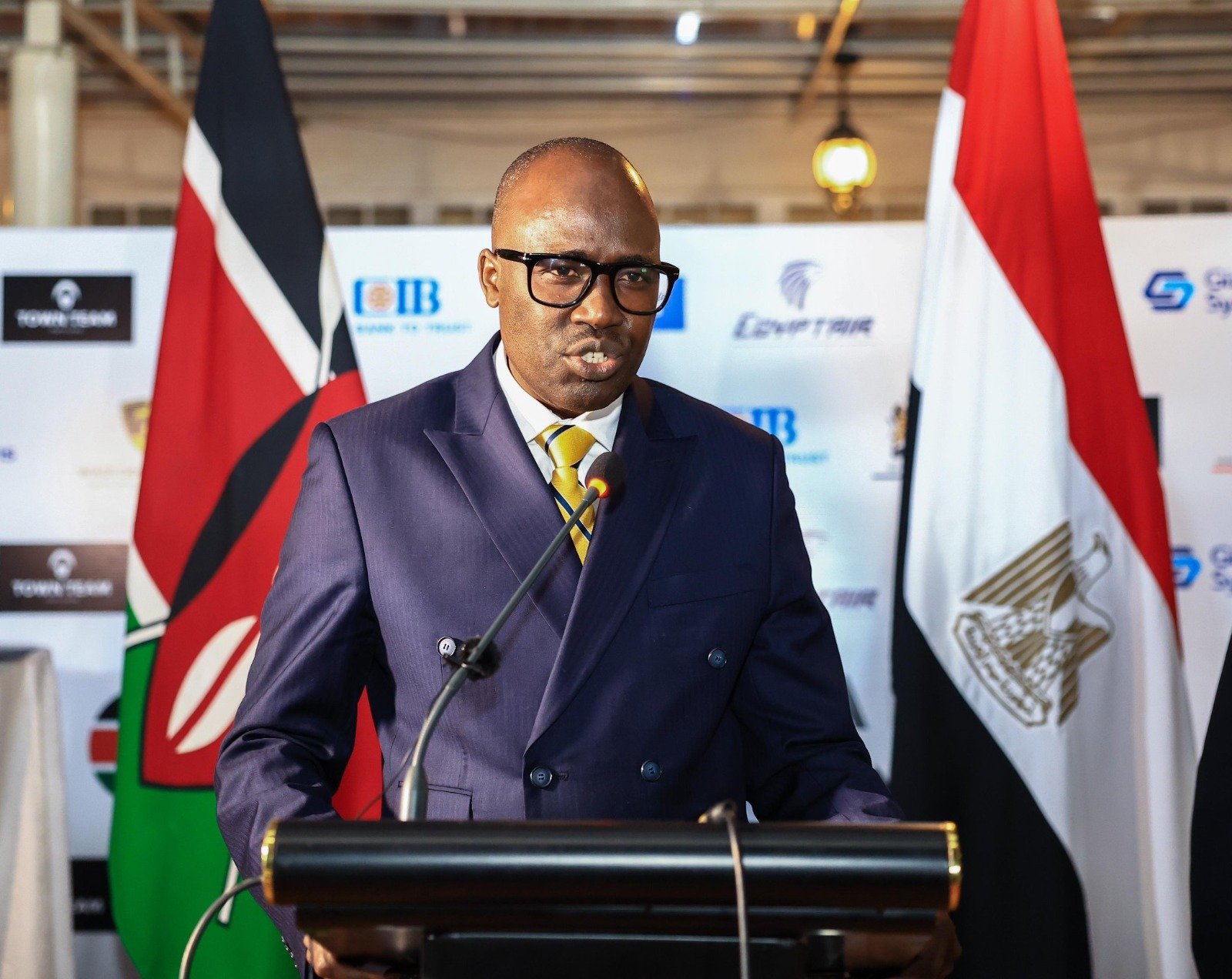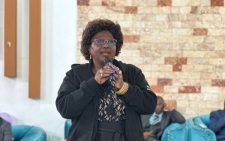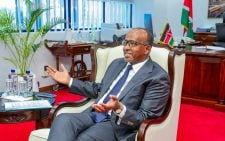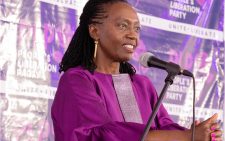Kaluma rebukes Caleb Amisi over exclusionary remarks
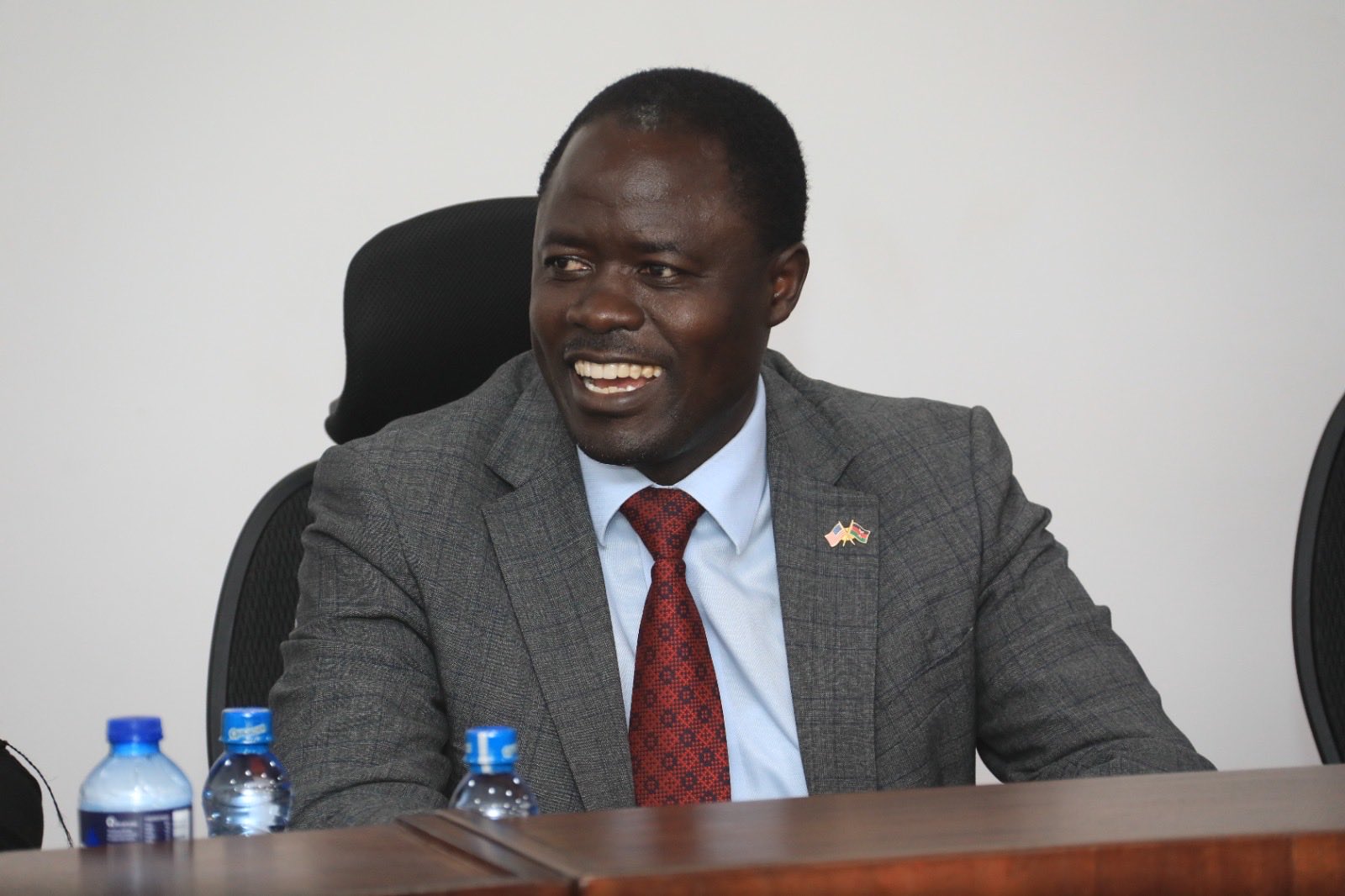
Homa Bay Town MP George Kaluma has criticised his Saboti Constituency counterpart, Caleb Amisi, over remarks suggesting that all government tenders in Kakamega County should be awarded exclusively to locals and not to individuals from other communities.
In a statement on Saturday, March 8, 2025, Kaluma condemned Amisi’s remarks, which he made during the burial of Kakamega businessman Cleopas Shimanyula’s father, describing them as highly exclusionary and stating that they failed to reflect values of love and inclusivity.
According to Kaluma, lawmakers should champion unity rather than division and should advocate for merit-based opportunities instead of discrimination.
“Brother Caleb Amisi, let’s preach inclusivity, not exclusion; love, not hate; merit, not discrimination. Happy Sabbath,” Kaluma posted on X (formerly Twitter).
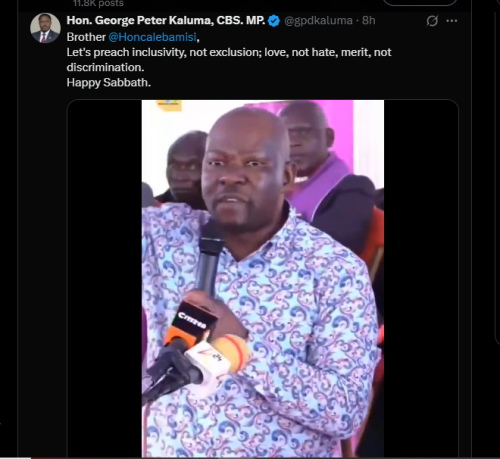
Amisi’s remarks on tenders
Kaluma’s comments resurfaced after videos circulated online, capturing Amisi’s speech at the burial, emphasising that only residents of Kakamega should receive government tenders and that people from other counties and ethnic groups should be excluded.
The clips show Amisi speaking about the Luhya community’s political future and making a direct reference to Hindus, saying he wished to see that those communities were not awarded any county tenders while its members continued to lack opportunities.
Amisi further argued that the youth in Kakamega County should be the first to benefit from tenders, saying he wished to see them advancing in life and contributing to the county’s success.
“Mimistaki kuona Mhindi, Msomali akipewa tender hapa Kakamega. Mimi staki Msomali akipewa tender hapa Kakamega. Pea hawa vijana bwana,” Amisi remarked, implying that local youth should be prioritised in contract allocations.
Which loosely translates to: [I don’t want to see an Indian or a Somali being awarded a tender here in Kakamega.]. I don’t want a Somali getting a tender here in Kakamega. Give these young people a chance.]
Devolution
During the burial on May 31, 2024, Amisi justified his remarks by advocating for devolution, arguing that county governments should prioritise local businesses when awarding contracts, and stating that devolution is best defined when residents benefit directly from available opportunities.
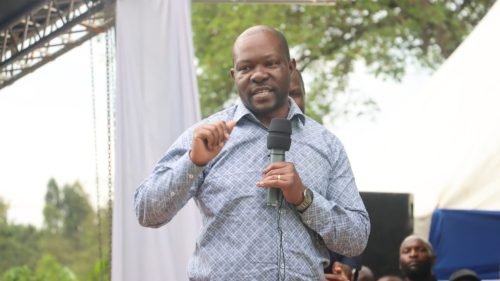
He noted that Kakamega should be at the forefront of implementing that aspect of devolution, as it was one of the few ways in which youth at the county level would be able to access life-changing economic opportunities, and he emphasised that all leaders should apply the same approach.
“Devolution is meant to empower locals. Tafutia hawa vijana wapate,” he asserted.
Which loosely translates to: (Devolution is meant to empower locals. Find opportunities for these young people to benefit.]
Political aspirations
Amisi also used the platform to position himself as a key leader within the Luhya community, suggesting that he had the support and influence to unite the region better than ANC leader Musalia Mudavadi.
He argued that the Luhya people needed strong leadership to consolidate their political power and compete with other dominant communities.
He emphasised that financial strength and a solid voter base were crucial for political success, warning that the Luhya community had fallen behind other groups, such as the Kikuyu, who had maintained both wealth and electoral dominance.
“Mimi na Mudavadi, nani anaweza leta Waluhya pamoja? Natembea na Mudavadi, nani anaweza leta Waluhya pamoja? Watu wawili hamuwezi kuwa pamoja. Mtaleta Waluhya pamoja aje bwana? My fellow Luhya, itafika wakati tutataka kuwa rais wa hii taifa. Mkienda kwa Wakikuyu, mtapata wako na kura na wako na pesa. Na nyinyi mkienda kuomba, mnaomba pesa na kura. Nani atawapatia?” he questioned.
Which loosely translates to: (Between Mudavadi and me, who can unite the Luhya people? I walk with Mudavadi—who among us can bring the Luhya together? Two leaders cannot be united; how will you unite the Luhya people? My fellow Luhyas, the time will come when we will want to be president of this nation. When you go to the Kikuyu, you find they have both the votes and the money. But when you go begging, you ask for both money and votes. Who will give them to you?)
‘




